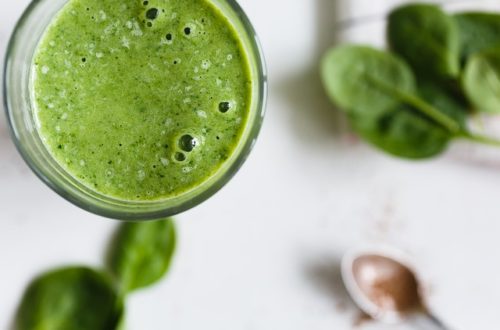Better For Animals, Healthier For You: Debunking Free Range And Organic Chicken

For the meat eaters among us, we can all relate to how much we love chicken. Both chicken and fish have much less saturated fat in them than red meats. Therefore both are a healthier option if you are a meat and fish lover.
Chicken soup, chicken broth, and chicken salads are all healthy, delicious and comforting options. Poultry is also high in protein, good for heart health and bones, and rich in selenium and phosphorous.
But when we choose to eat chicken, there are also ethical considerations to take into account. And in today’s society, they are ever more prevalent. Let’s take a look at why you should be choosing free-range and organic chicken for your fridge this year.
Free-Range
When you’re out shopping, and you see a chicken with the free-range label, what does it actually mean? Well, free-range farming means that chickens are not kept in horrific industrial factory-like conditions. They are free to roam outside. Birds are cared for in a different way to the overcrowded circumstances of regular chicken farming. They are treated more humanely and fed diets free of artificial hormones.
Free range conditions concentrate more for animal welfare. They enable chickens to live in a healthier and stress-free environment.
Free-range eggs are a lot more common than free-range chickens. But as consumers are requesting more be done about this, farmers are listening.
Free-range chickens cost slightly more, but the treatment of birds is far more humane. Unlike free-range birds, barn-reared chickens are pumped with water and antibiotics and live in unpleasant conditions. So if you are a meat eater with a conscience, going free-range is a good option for you.
Organic
If you are buying organic chicken, you can be assured that your chicken has been raised organically from two days after hatching. For a chicken to be labeled organic, it must meet a strict set of guidelines. The bird has to have been fed a 100% organic diet for its lifespan. This means no antibiotics and no animal-by products. Chemical fertilizers, persistent pesticides, and artificial grains are also not allowed.
All chickens must have access to roam freely outdoors, and no hormones are allowed to be given to the birds. When chickens live in crowded indoor spaces, they are more likely to spread infectious bacteria. This is why they are pumped with antibiotics. But when chickens are being farmed organically, there is no need to do this.
Eating organic chicken is the healthier option as the bird contains a much higher percentage of heart-healthy omega three fatty acids. Other than that, there is not much nutritional difference between organic and non-organic. But those who eat organic, do say that the chicken tastes much better.
So if animal welfare, the environment, and a tastier option are priorities for you, then choose organic chicken. Organic farming is a priority for smaller farmers too. So if you want to support local farming, rather than big corporations, this is something to consider when making your choice.
Would you like to receive similar articles by email?





